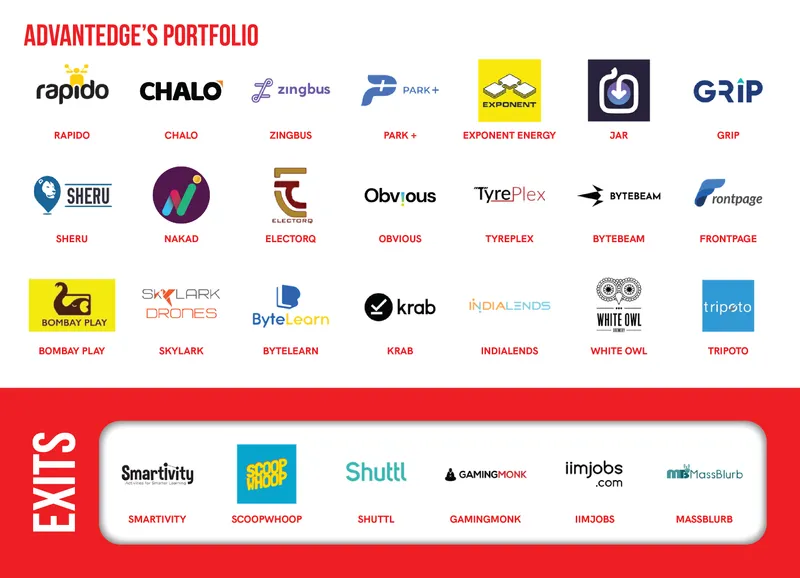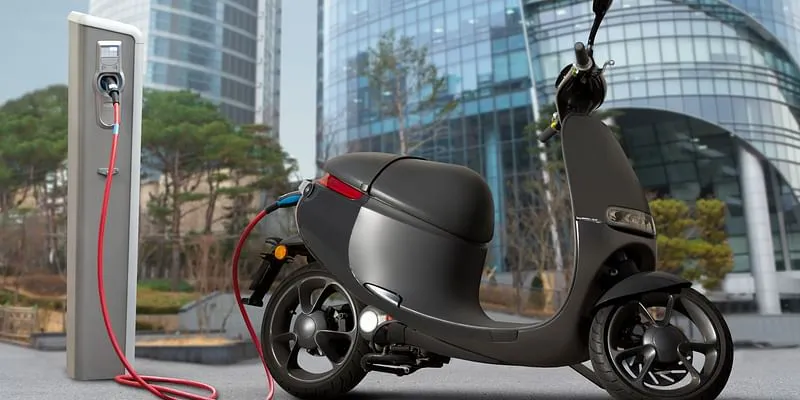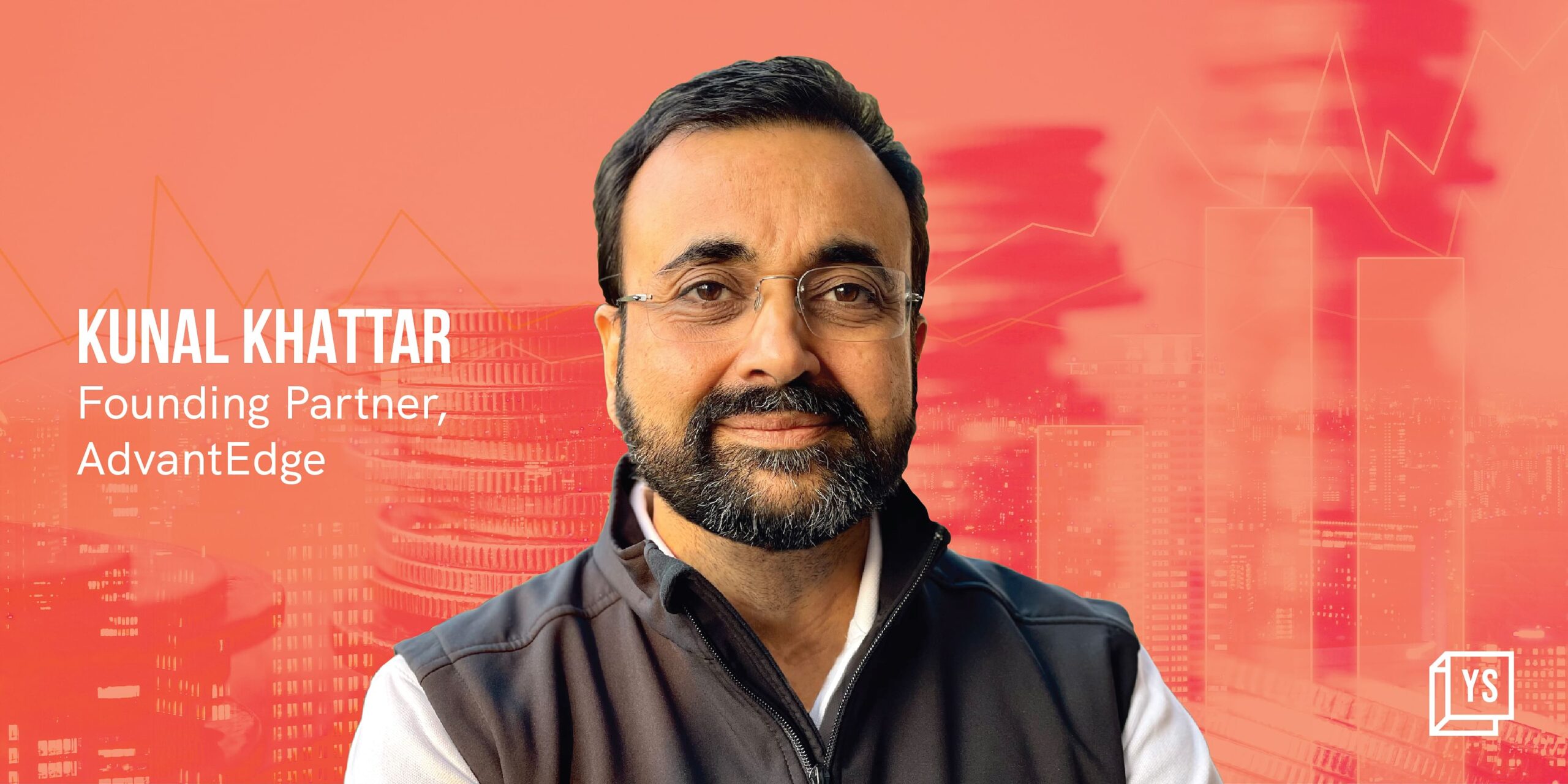- AdvantEdge is an investor in a number of mobility companies, such as Rapido, Chalo, Zingbus, Sheru, etc.
- It is launching a third fund which will focus on investing in more e-mobility infrastructure companies in India.
- The size of Fund III will be ~$100 million.
After investing nearly $50 million across 30 deals via its first and second fund, Rapido-backer AdvantEdge is launching a third fund to invest $80 million to $100 million in mobility solutions companies, its founding partner, Kunal Khattar, told YourStory in an exclusive interview.
The investment company focused on early-stage ventures, said it will allocate capital from Fund III equally across three distinct types of deals:
- First cheques, where it plans to put in one-third of the $100 million in seed stage deals, with a cheque size of $0.5 million to $1.5 million
- Fund II winners that AdvantEdge thinks are good, long-term bets
- Early-stage deals in companies that performed better after the first cheque round
Khattar says that while it is finalising its third fund and holding discussions with various limited partners, including existing ones, it will continue to actively invest from its second fund.
With Fund III, the focus will be on the electric vehicle (EV) ecosystem, particularly companies with an infrastructure play that make EVs affordable, either via shared mobility, electrification of public transportation, or making ownership of private vehicles economical.
“The idea is to make the EV ecosystem affordable, even at scale. Via Fund III, we will invest in companies that will enhance the accessibility of EVs and promote greater stability in the overall supply chains of the ecosystem,” Khattar says.
More specifically, Fund III will target companies that lease out EVs to other companies–like , which leases e-scooters to delivery companies such as Zomato, Swiggy—, battery recycling startups, and EV financing companies that offer bespoke loans, financing, and insurance products for the sector.

Against the grain
AdvantEdge’s thesis eschews investments in OEMs though, or companies that manufacture electric vehicles. Khattar believes that investing in infrastructure companies is a strategy that will yield dividends irrespective of which auto company emerges as the leader.
“Every OEM is looking for a charging partner, a battery recycling partner, finance solutions… they all need these ancillary companies to operate, and that’s where I want to make bets.”
AdvantEdge’s investment thesis places emphasis on investing in companies that exhibit synergies and possess the capability to supply to one another. This approach facilitates a reduction in transaction costs, as well as reduces the time it takes for companies to hit the market at full throttle, according to Khattar.
“We employ a flywheel model that governs our investment approach, and that entails seeking out opportunities that have the potential to create a positive feedback loop,” he said.
Khattar illustrates this with an example.
“Take batteries, for instance. They offer a circular opportunity, with a first life, second life, and so on. We seek out companies that can cater to each stage of the battery’s life, including recycling, and that way, leverage our existing portfolio companies, such as Sheru, which could supply batteries to these startups.”
AdvantEdge’s portfolio of companies includes , , , and Electorq, among several others. The VC company says its existing limited partners, Motherson Group and the Hero Motocorp family office, have invested in Fund III.

Making the right bet
Through Fund III, Khattar says he intends to make a substantial investment in companies that specialise in decoupling the battery from the EV—an approach he says will not only result in making EVs more accessible, but also facilitate a change in people’s perception towards owning a personal electric vehicle.
“No OEM company sells you a car and asks you to pay for the price of petrol for the next five years upfront,” he reasons.
His hypothesis posits that if a company could detach the battery from the electric vehicle, market the vehicle independently, and lease out the battery to customers, it would be more convenient to persuade them to switch to electric transportation.
“Leasing the battery for Rs 2,000-Rs 3,000 per month would be the same as spending on filling up your tank with gas once or twice a month, and that behaviour is easy to pick up because it’s already ingrained.”
Since entering the market, AdvantEdge has had several successful cash exits. It has offloaded some stake in , and wants to now wait and watch what Swiggy—Rapido’s biggest shareholder—does when it eventually floats its initial public offering.
For Fund III, the investor says it has already drawn up a list of 10-12 names that it thinks will become a billion-dollar opportunity in the next couple of years. Khattar declined to name the startups he’s considering given that talks are still preliminary.
“Whether you’re a farmer or a city-dweller, whether you’re commuting to work or hauling cargo, one thing is clear—the electric revolution is upon us, and it’s here to stay,” says Khattar.




![Read more about the article [Jobs Roundup] Here’s how you can work with AI-driven autonomous voice agent startup Agara Labs](https://blog.digitalsevaa.com/wp-content/uploads/2021/02/agara-1614318224036-300x150.jpg)





